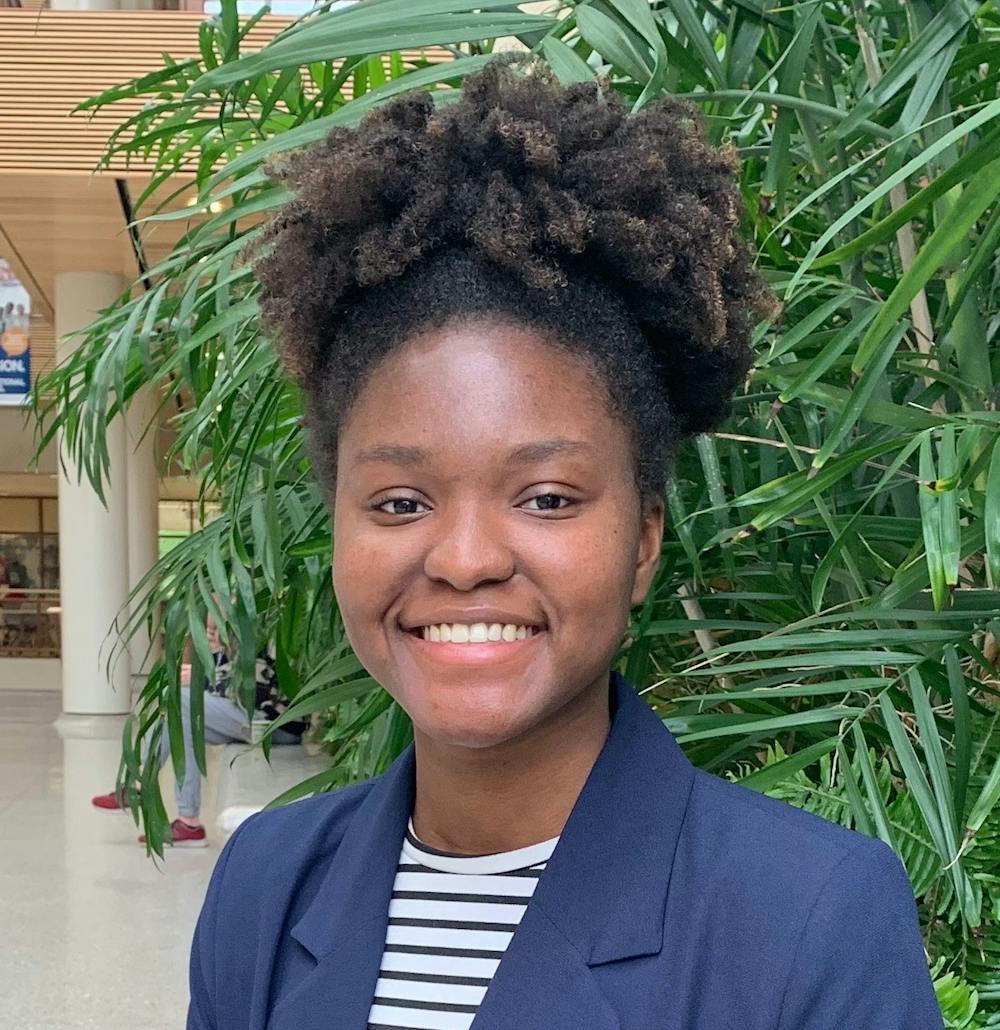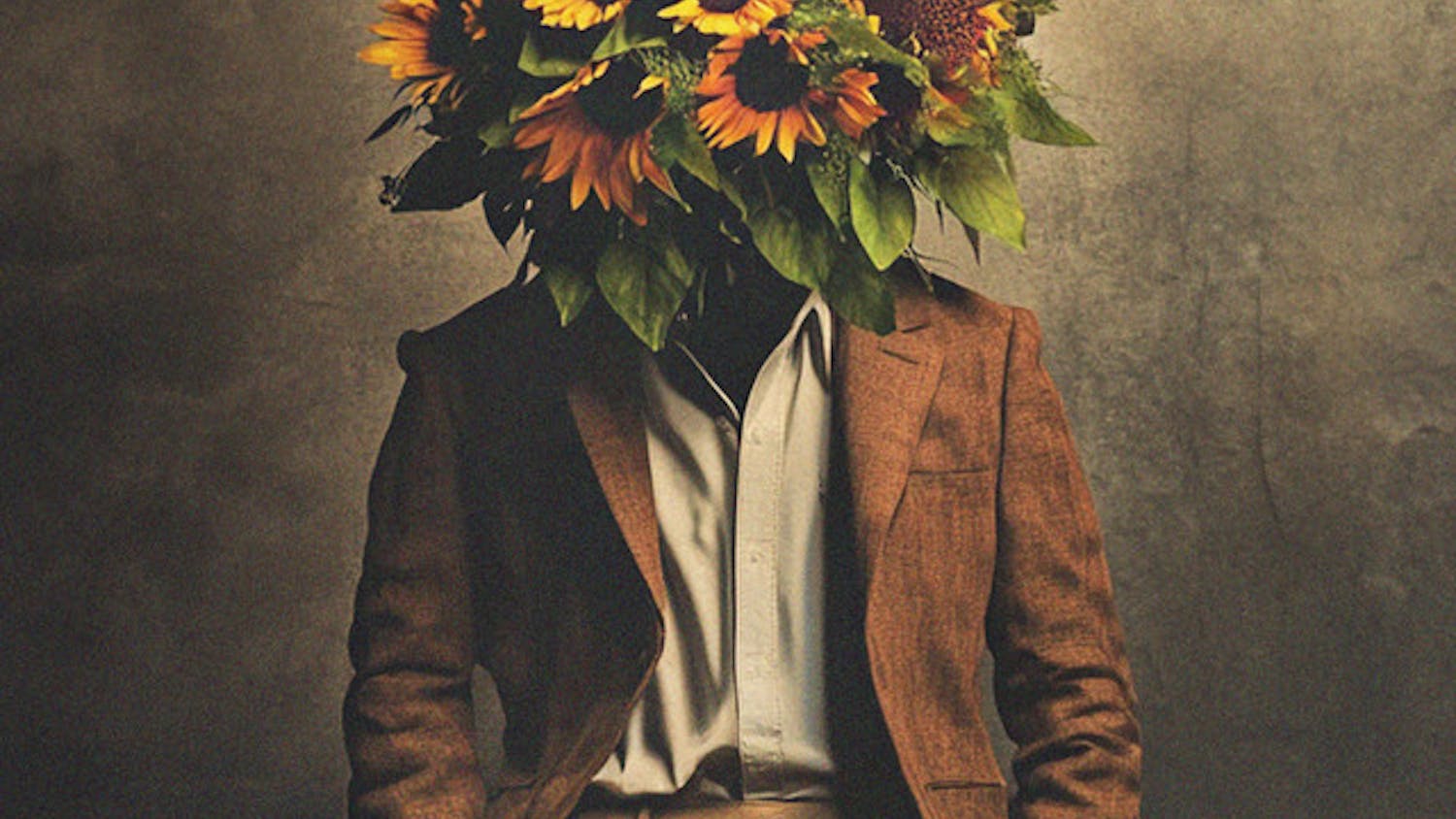In the 95 years since The Eagle’s founding, there have only been a handful of black editors-in-chief.
I’m one of them.
That fact is perhaps more crucial now than ever before, given what’s going on in the country.
Having people of color working in news organizations is essential. Having them in leadership positions means they can have a meaningful impact on the ethical and editorial decisions made by those organizations.
Being a journalist doesn’t mean I don’t have opinions about what’s gone on in this country for so long. It also doesn’t mean I shouldn’t work with my team to expose the horrors of racism.
As a black woman and an engaged citizen, I’m devastated by the killing of Breonna Taylor in Louisville and other black women at the hands of police, many of whose names we don’t know.
Despite this, my position at The Eagle means that I choose not to exercise some of the First Amendment rights that my peers engage in.
Our role as a paper includes shining light on racial tensions and showing how they’re impacting the AU community, not joining with protesters while covering a protest.
My decision not to participate in demonstrations allows me to more fairly fulfill my obligations as a journalist.
Before nationwide protests erupted over the killing of George Floyd and countless other fatal interactions between black Americans and police officers, the coronavirus was already infecting and killing black people at a higher rate than our fellow Americans.
As The Eagle begins to cover the current George Floyd protests, it’s important for us to describe the role of our coverage and how we approach this story.
When covering these protests or any other issue, journalists of color are needed to help decide how to reduce harm from our coverage of vulnerable communities while reporting fairly and accurately.
An element that sparked outrage that fuels the protests we are witnessing across the country is the fact that a video captured Floyd losing consciousness under the knee of Minneapolis police officer Derek Chauvin.
People watched repeatedly on social media and on the news as Floyd’s neck was kneeled on for eight minutes and 46 seconds.
While video footage allows people to see police violence taking place, thorough reporting is necessary to show the constant fears that black Americans face in encounters with police.
At The Eagle, that translates to reporting on the experiences of black students, which we fail to do enough.
Our identities affect which stories we choose to pitch and how we cover those stories. That includes the sources reporters reach out to, the questions they ask and how they structure a story.
For that reason, it’s essential that our staff becomes more diverse to more accurately reflect the experiences of the broader University community.
I don’t want to be one of just a handful.
It’s also so important to have The Blackprint on campus to further uplift the voices of people of color.
While AU is a predominantly white university, people of color are a disproportionately small share of The Eagle’s staff.
We will work to diversify our staff by reaching out to groups that represent students of color. In addition, The Eagle will take a deep dive to explore the damage the paper has done historically to lose the trust of so many marginalized students.
I welcome and encourage the suggestions of the AU community in our efforts to regain their trust and improve our coverage, including as we report on Black Lives Matter protests. My email is at the bottom of this letter.
As a journalist, I’m committed to holding people in positions of power accountable.
Even though journalists argue over the importance of objectivity, news organizations still convey in their coverage that certain things are “good” and others are “bad.”
For example, The Eagle agrees that racism is an ugly reality; that is not something we are “unbiased” toward.
We also agree that it is devastating to witness people die from interactions with law enforcement, which is something that disproportionately impacts black folks in this country.
I recognize how crucial it is that we show compassion for people who are in deep pain. That’s emphasized in the Society of Professional Journalists’ Code of Ethics, which guides our practices.
Our readers can also refer to our own ethics code to better understand our mission and practices.
Ida B. Wells, one of the most crucial investigative journalists in our country’s history and one of my inspirations, exposed the grotesqueness of lynching following the Civil War. She was also a vocal civil rights activist who advocated against injustices that black people faced.
The Eagle has so much work to do to make our coverage of marginalized communities fairer, and I’m dedicated to making sure our reporting accurately showcases the experiences of vulnerable members of communities inside and outside of AU.
In this period that represents the buildup of centuries of oppression, I will work to ensure we tell the story of these protests with context and honesty.





